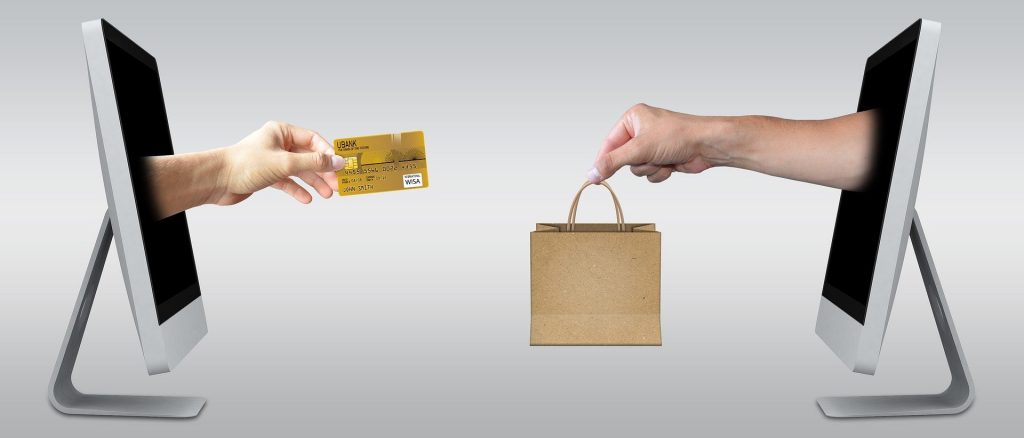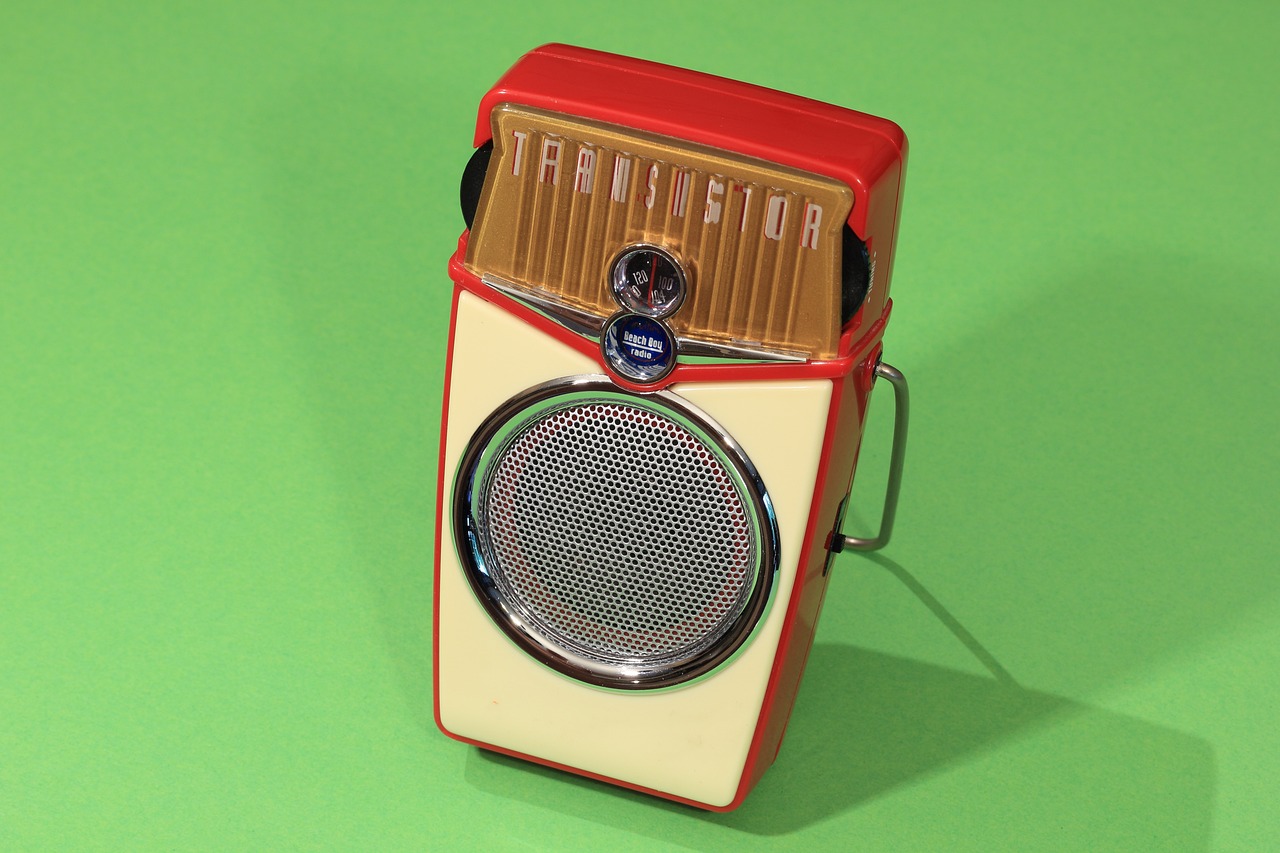Online shopping is so convenient that we often find ourselves spending a lot of money on various items. We get a thrill every time a new package arrives on our door. We savor the unboxing and the fancy new object. However, the excitement often fades fast and so we go online once again to look for more things to purchase. If you’re alarmed with the amount of money you’re spending these days, then maybe you need to hit pause and make changes to get back control.
Wait a Week or More Before Checking Out
Reduce the risk of impulse purchases by waiting a week or more before buying any item. Never buy something on a whim because you are likely to suffer from buyer’s remorse. You have to consider whether this item is actually necessary in your life. Maybe it’s nice but you can live without it, especially if it costs a fortune. Time will allow you to think it over. The magic of marketing will fade while the voice of reason gets stronger.
Pay with a Debit Card Instead of a Credit Card
It is easy to spend money if you think that you have so much of it. That’s exactly what credit cards make you feel because of their high limits. However, it’s important to remember that you are incurring debt with each purchase. Don’t make the mistake of burying yourself in massive debt. Consider paying with a debit card instead so that you will be using your existing funds. You can also use an electronic wallet after transferring funds from your bank accounts.
Use a Coupon Extension to Get Discounts, if you typically shop on your computer, then try installing a coupon extension on your browser. This may be able to help you find the best deals on the products that you are interested in. This kind of extension may also be able to apply coupon codes during checkout so that you can enjoy instant discounts. You won’t have to scour the Internet for the codes because the search has been automated in the background.
Set a Limit for Your Spending
Finally, give yourself a hard limit on the amount that you can spend each month purely for online shopping. This assumes that you already have a budget for the essentials such as food and utilities. You can use your excess income to spend on your “wants” after taking care of your “needs”.







